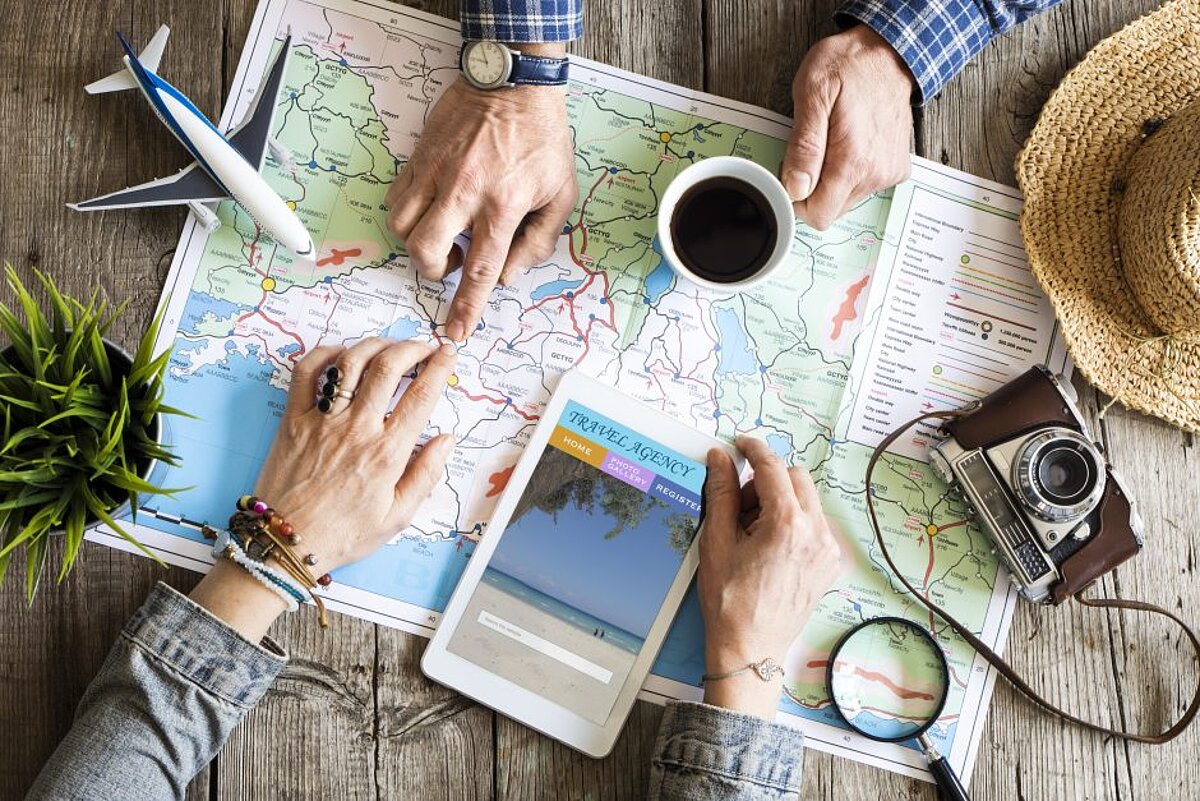The tourism industry is increasingly driven by digital, not only in internal processes but also in the purchase phases thanks to the advent of new technological tools that facilitate and optimize the user's travel experience by creating a strategic channel through which to offer highly personalized experiences.
The Internet and the digital world can be used in various activities such as the coordination of the reception and information system or the promotion of the tourist destination if we consider the offer side while on the demand side in the booking and purchase of products, services and experiences related to travel .
We are talking not only of new online sales and promotion channels such as Home Sharing portals, eCommerce, Online Travel Agencies, sites, blogs, forums and social networks but also of the different ways of using tools such as PC, tablet and mobile to make reservations, sharing of experiences and images even in real time.
If we look at the data of the Digital Innovation in Tourism Observatory of the Politecnico of Milan, we can see how the Digital Travel market is continuously growing, in particular in 2019 it is worth 15.5 billion euros, an increase of + 9% compared to last year.
According to the Nielsen Travel & Leisure report, presented at the last edition of Bit and based on a sample of 1.500 respondents between the ages of 18 and 74, between June and September 2019 the Internet was an important tool in all phases of the holiday, from the choice to the organization up to the purchase.
But what specifically does the Italian digital tourist do on the web?
To understand this, we can outline a real Digital Tourist Journey, divided into the following actions:
1) Inspiration and search for information: in the preliminary phase as many as 97% (Digital Innovation in Tourism Observatory, 2020) of Italian tourists rely on the internet rather than agencies or consultants to organize their trip, using search engines and / or reading the contents published by other users;
2) Booking and purchase: this phase concerns the choice of accommodation in which to stay and the means of transport to reach the destination but also to move and explore the surroundings, therefore for example car rental or sharing mobility services;
3) Activities and services while traveling: tourists use the web and applications to support their travel experience to book activities and experiences at their destination and / or organize travel even directly from their smartphone;
4) Activities made upon return: means reviews or sharing of experience on sites, blogs, social networks and online purchase of typical products of the location visited.
In digitally dominated tourism 4.0, a key role is certainly played by social networks, powerful tools capable of offering visibility and growth opportunities for tourist destinations but also a means of sharing and telling your travel experience to your friends and followers.
Among the rapidly growing technological trends, particular attention is paid to mobile as a relevant business lever for the evolution of the sector and to increasingly engaging and effective digital experiences for consumers, such as augmented and virtual reality.
E-Business Consulting can advise you on the best digital strategy for your destination or tourism company by offering you the most suitable tools for your needs in order to achieve your business objectives. Contact us and together we will create a customized project for you!














